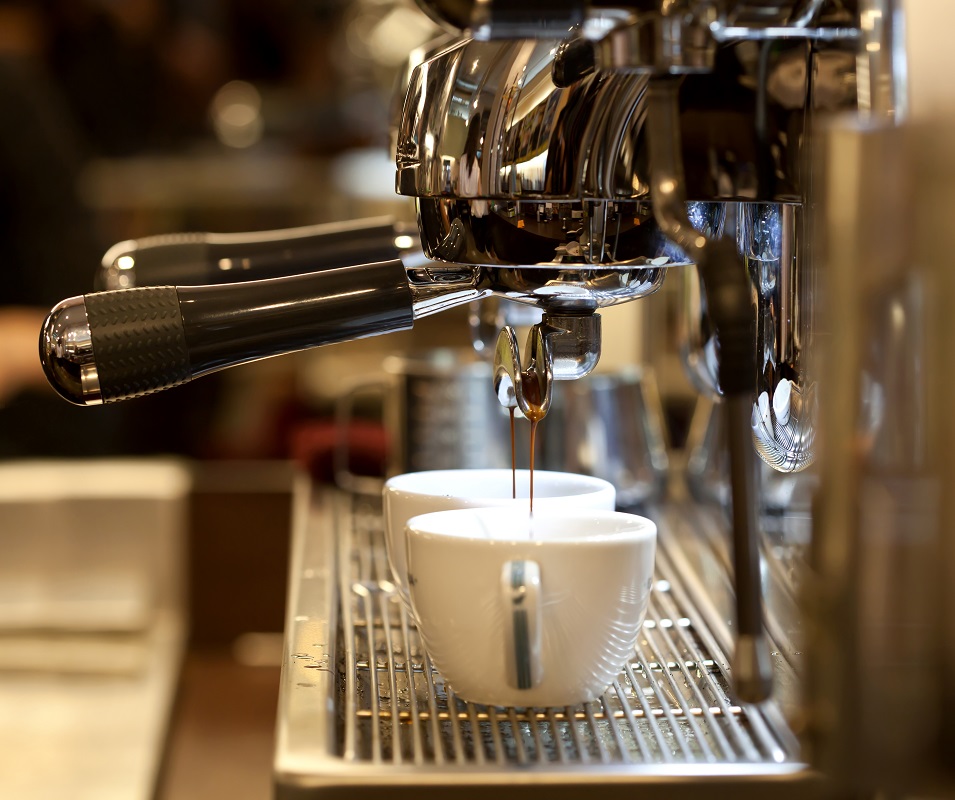Opening a coffee shop is an exciting venture, given its popularity and integral role in modern lifestyle. Coffee shops provide a cozy atmosphere for socializing, working, and relaxation. They have become a vital part of our daily routine, whether it’s a quick cup of joe on the way to work or hours engrossed in a book.
However, operating a cafe and coffee shop (yes, there is a difference) legally requires obtaining the necessary licenses. These licenses ensure compliance with health and safety regulations and other legal requirements.
Common licenses include business permits, food service licenses, and alcohol permits if serving alcoholic beverages. Acquiring these licenses not only ensures smooth functioning but also demonstrates a commitment to providing a safe and enjoyable experience for customers.
So, if you want the detailed answer to the question, “What licenses do you need to open a coffee shop?” then let’s dive in!
Know How to Open a Coffee Shop with Legal Licenses
Opening a coffee shop involves several key steps. Firstly, it is important to create a comprehensive business plan, including a budget, market analysis, and branding strategy. Next, securing financing and finding a suitable location is crucial.
Once these are in place, obtaining the necessary licenses is vital. This includes a cafe license, a.k.a. business registration, health permits, food handling certifications, and zoning compliance.
Acquiring these licenses from the start ensures legal compliance and avoids potential penalties or closure. Additionally, it instills trust and credibility in customers and enables smooth operations, fostering long-term success in the competitive coffee industry.
10 Must-Have Licenses To Open A Coffee Shop
In order to legally open and operate a coffee shop, there are several licenses and permits that you must obtain. Below, we will discuss ten essential licenses that are necessary to successfully open and run a coffee shop.

Business License
A business license is a legal document that grants permission to an individual or company to operate a business within a specific jurisdiction. It is essential for all types of businesses, including coffee shops, as it ensures compliance with local laws and regulations.
Obtaining a business license typically requires submitting an application along with the necessary fee to the local licensing authority, such as the city or county government. The process may involve providing information about the business type, location, and ownership, while sometimes, it may include undergoing inspections or meeting specific requirements set by authorities.
Food Service License
A food service license is of utmost importance for coffee shops that serve different types of food and beverages, including the new rave—superfoods for coffee shop businesses. It ensures compliance with health and safety standards. Obtaining a license signals that the establishment has met all the necessary requirements to open a coffee shop and operate it safely and hygienically.
The application process typically involves submitting an application form, paying a fee, and providing necessary documentation such as proof of ownership, food safety training certifications, and menu details.
Requirements may vary by jurisdiction but commonly include having a properly equipped kitchen, maintaining clean and sanitary conditions, and following proper food handling and storage practices.
Health Department Permit
Health department permits are crucial in maintaining the safety and hygiene of food and drinks. These permits ensure that establishments comply with health regulations and follow proper handling, storage, and preparation practices.
The application process typically involves submitting necessary documentation, such as a completed application form, menu, and facility layout. Required inspections are then conducted to assess cleanliness, food storage, employee hygiene, and overall compliance with health standards.
These permits play a vital role in protecting consumers from foodborne illnesses and ensuring a safe dining experience.
Building and Zoning Permits
Building and zoning permits are essential to ensure that a coffee shop complies with local regulations. Construction permits are required for new coffee shop buildings, while renovation permits are necessary for any modifications to an existing structure.
Zoning permits ensure that the coffee shop meets specific location and land use requirements. These permits guarantee that the coffee shop operates legally and safely within the community.
Signage Permit
Signage permits play a crucial role in regulating the external signage of coffee shops. These permits control the appearance and ensure compliance with size restrictions and design guidelines.
Size restrictions typically specify the maximum dimensions for signage to maintain aesthetic harmony. Design guidelines may include color schemes, font types, and logo placement. To obtain a signage permit, coffee shop owners need to submit an application to the local authorities, providing details of the proposed signage design for review and approval.
Alcohol License (if applicable)
If a coffee shop serves alcohol, it may require different types of alcohol licenses. These coffee shop licenses commonly include a beer and wine license, a liquor license, or a combination of both. Legal age requirements for serving alcohol vary by jurisdiction but are typically 18 or 21 years.
The application process typically involves submitting an application, paying a fee, and meeting specific regulations such as obtaining liability insurance and passing background checks.
Music and Entertainment License (if applicable)
Obtaining a music and entertainment license is crucial for playing music or hosting entertainment events. It ensures compliance with copyright laws and protects artists’ intellectual property.
Licensing organizations such as ASCAP, BMI, and SESAC manage the process of obtaining music licenses. This involves submitting an application, paying fees based on factors like venue size and type of event, and adhering to licensing agreements.
Obtaining this type of license allows event organizers to legally use copyrighted music and supports the music industry by compensating artists for their work.
Fire Department Inspection and Safety Permit
Fire department inspections play a crucial role in ensuring the safety measures of a coffee shop. Inspectors assess various aspects such as fire exits, fire alarms, sprinkler systems, electrical equipment, and potential fire hazards. They ensure that proper safety protocols are in place and that the coffee shop complies with fire safety regulations.
Fire safety permits are required to operate legally and indicate that the establishment has met all necessary safety requirements to prevent and respond to fire emergencies.
Accessibility Compliance
Complying with accessibility regulations is crucial as it ensures that all customers, including those with disabilities, can access and navigate the coffee shop independently. This also includes proper signage as it helps individuals find facilities, such as restrooms or emergency exits, easily.
Accessibility measures like ramps, wider aisles, braille menus, and wheelchair-accessible seating enhance the overall experience for customers with disabilities, promoting inclusivity and equal access to services. Creating an accessible environment not only adheres to the legal requirements for coffee shop operations but also fosters a welcoming and inclusive atmosphere for all patrons.
Environmental Permits (if applicable)
Environmental permits are necessary for coffee shops that generate waste or have an impact on the environment. These permits ensure that the coffee shop complies with environmental regulations and minimizes any negative effects.
The application process involves submitting the necessary documentation and demonstrating compliance with specific regulations. Environmental regulations vary by jurisdiction and may include waste management, air quality, water usage, and noise pollution.

Conclusion
There you have it—all coffee shop licenses and permits and the importance of obtaining the necessary ones to ensure smooth and legal operation. We have emphasized that these licenses are crucial for complying with local regulations and avoiding penalties or closures.
Aspiring coffee shop owners are encouraged to thoroughly research and understand the specific licensing requirements in their local area. Working closely with local authorities and seeking their guidance can greatly aid in navigating the licensing process successfully.
By obtaining the necessary licenses, coffee shop owners can establish a solid foundation for their business and ensure its long-term sustainability.




